Want to Avoid Probate in NJ? How Estate Planning Can Help
September 9, 2025
When it comes to securing your legacy and easing the burden on your loved ones, estate planning plays a critical role, especially if your goal is to avoid probate. Many New Jersey families are surprised to learn that even with a valid will, their estate may still need to go through probate, a legal process that can be time-consuming and expensive. Fortunately, there are ways to minimize or bypass this process entirely through strategic estate planning.
What Is Probate and Why Try to Avoid It?
Probate is the legal process through which a deceased person’s will is validated by the court, and their assets are distributed. In New Jersey, this process is managed by the Surrogate’s Court in the county where the deceased resided. It involves collecting assets, paying debts and taxes, and distributing the remaining estate to heirs. While probate provides accountability, it also has its disadvantages.
First, probate can take several months or even years in complicated cases. It involves court filings, deadlines, and sometimes disputes between beneficiaries. The process also incurs fees, from court costs to executor commissions, and because probate proceedings are public, it removes the element of privacy.
For these reasons, many families look to avoid probate when creating an estate plan. Doing so allows assets to pass more efficiently, privately, and with fewer costs.
How to Avoid Probate in New Jersey
The good news is that with proper planning, you can avoid probate for many or all of your assets. Below are the most effective tools and strategies that can help streamline asset transfers and reduce the burden on your loved ones.
Establishing a Living Trust
One of the most powerful tools to avoid probate is a revocable living trust. With this arrangement, you transfer ownership of your assets into a trust during your lifetime while maintaining full control as the trustee. You also name a successor trustee who will step in upon your death or incapacity to manage and distribute those assets according to your instructions without court involvement.
A living trust is particularly beneficial for people with property in multiple states, blended families, or concerns about privacy. It allows your estate to bypass the probate process entirely, ensuring your beneficiaries receive their inheritance without delays or legal hurdles.
Naming Beneficiaries on Accounts
Another simple way to avoid probate is to designate beneficiaries on certain types of financial accounts. This can be done with retirement accounts, life insurance policies, annuities, and even some bank or brokerage accounts.
Upon your death, these assets go directly to the named beneficiaries without going through probate. It’s important to regularly review and update these designations to ensure they reflect your current wishes.
Payable-on-Death (POD) and Transfer-on-Death (TOD) Designations
New Jersey allows for POD and TOD designations on certain assets, which can be another effective probate avoidance tool. A POD account allows you to name a beneficiary who will receive the funds in a bank account after your death. Similarly, a TOD designation allows the transfer of ownership of stocks, bonds, or other securities directly to the named beneficiary.
These accounts remain under your control during your lifetime and only transfer upon death, without needing to go through probate.

Joint Ownership With Right of Survivorship
Owning assets jointly with another person can also allow those assets to pass directly upon your death. In New Jersey, if you hold property or accounts with someone as joint tenants with right of survivorship, the surviving owner automatically receives full ownership, avoiding probate.
This approach is common for married couples but can also be used with adult children or other trusted individuals. However, it’s important to weigh the risks, such as potential creditor claims or complications if relationships change.
Gifting Assets During Your Lifetime
You may also reduce the size of your probate estate by giving away assets while you are still living. This could include monetary gifts, personal property, or real estate. Not only does this avoid probate, but it can also reduce potential estate taxes.
That said, you should always speak with an attorney before making large gifts, as there may be tax implications or unintended consequences, particularly if Medicaid eligibility is a concern.
Real Estate and Title Considerations
If you own real estate, how the title is held can impact whether it goes through probate. Property that is solely in your name will likely need to go through probate. However, real estate held in a living trust, with a survivorship clause, or transferred via certain legal instruments, may pass directly to your heirs.
An estate planning attorney can help ensure your property is titled in a way that reflects your wishes and avoids probate where possible.
Waypoint Legal Can Help You Avoid Probate
At Waypoint Legal, we understand that estate planning isn’t one-size-fits-all. Our elder law attorneys take the time to understand your family dynamics, financial situation, and long-term goals. We’ll help you implement the right tools, like living trusts, beneficiary designations, and asset structuring, so you can avoid probate wherever possible and protect what matters most.
Whether you’re creating a plan from scratch or updating outdated documents, our team provides clear guidance tailored to your needs and in compliance with New Jersey laws. Our team takes the guesswork out of estate planning, providing the peace of mind you and your family deserve.
Schedule a consultation with Waypoint Legal today. With the right planning tools in place, your estate can be settled smoothly and privately, exactly as you intended.
Probate FAQs
What is probate? Why do people want to avoid it?
Probate is the court process for validating a will and distributing assets. Many people want to avoid it because it can be time-consuming, expensive, and public.
Does having a will mean I can avoid probate?
No. Even with a will, your estate usually still goes through probate. Additional planning is required to avoid it.
How does a living trust help me avoid probate?
A living trust allows you to transfer assets during your lifetime and name a successor trustee to manage and distribute them without court involvement after your death.
What types of accounts let me avoid probate through beneficiary designations?
Retirement accounts, life insurance policies, and some bank or investment accounts can pass directly to named beneficiaries without going through probate.
Is joint ownership a good way to avoid probate?
It can be, especially when using joint tenancy with right of survivorship. However, it may come with risks and should be used with caution.
Can real estate be passed on without probate in New Jersey?
Yes, with the right titling or by placing property in a trust, you can pass real estate outside of probate.
Why should I work with an attorney for probate avoidance?
Estate planning involves legal and financial complexities. An experienced attorney ensures your documents are properly prepared, legally valid, and tailored to New Jersey law.
Get Free Legal Advice Sent to Your Inbox.
Waypoint Legal, LLC. Jersey Elder Lawyers



 (732) 361-2533
(732) 361-2533 



